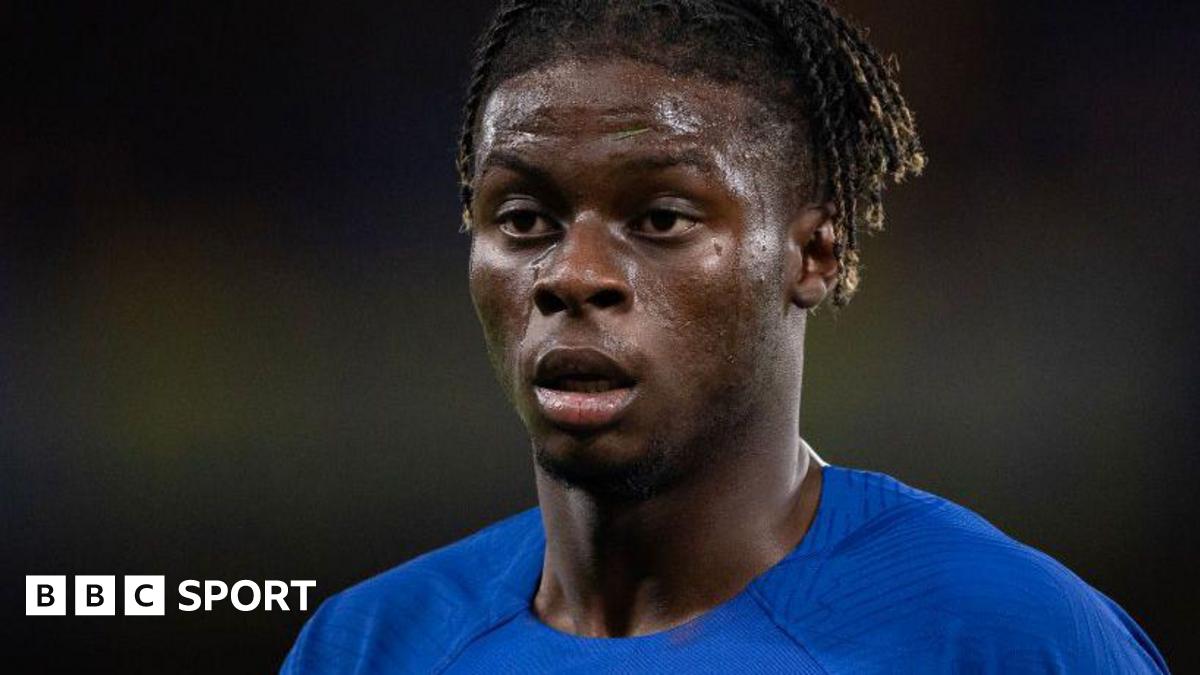
Burnley's acquisition of Lesley Ugochukwu from Chelsea raises eyebrows, sparking questions about Burnley's midfield vision. The £20m+ investment in a player deemed surplus to requirements at Stamford Bridge presents a compelling case study in squad building and positional competition. Is this a shrewd piece of business, or a sign of Burnley potentially overspending?
Let's consider the immediate impact on Burnley's midfield. Last season, the Clarets relied heavily on the likes of Josh Cullen and Sander Berge. Ugochukwu, a physically imposing midfielder, offers a different profile. He brings a blend of defensive steel and progressive passing, theoretically providing cover for the backline while also initiating attacks. But where does he fit in the pecking order? Will he usurp Cullen's role as a defensive shield, or will Kompany look to deploy him alongside Berge in a more dynamic midfield pairing?
The Southampton loan also casts a shadow. Why did Chelsea sanction another loan deal, only to sell him? Was Ugochukwu simply not suited to the Premier League's intensity, or was his development stunted by limited playing time? If he had struggled at Chelsea, what makes Burnley think he can succeed in their system?
The potential arrival of Armando Broja adds another layer to this equation. Chelsea's willingness to offload multiple players to Burnley suggests a developing relationship between the two clubs, possibly a strategic partnership for player development. However, it also raises concerns about Burnley becoming a dumping ground for Chelsea's cast-offs. Will Burnley benefit in the long run, or will they become overly reliant on players deemed not good enough for a bigger club?
From Ugochukwu's perspective, this move represents a chance to resurrect his career. At Burnley, he'll likely receive more consistent playing time and the opportunity to prove his worth in a competitive environment. But can he handle the pressure of being a £20m+ signing at a club fighting to establish itself in the Premier League?
The success of this transfer hinges coaches's ability to integrate Ugochukwu into his tactical framework and unlock his full potential. It's a gamble, no doubt, but one that could pay dividends if Ugochukwu can replicate the form that initially convinced Chelsea to sign him. Whether Ugochukwu becomes a Turf Moor hero or another cautionary tale remains to be seen, but the move itself underscores a larger trend: Premier League clubs increasingly willing to take calculated risks on young, unproven talent. And that trend? Seems set to only continue.